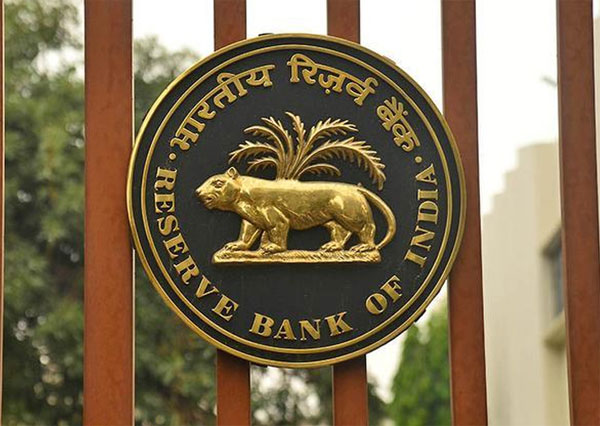Daijiworld Media Network - New Delhi
New Delhi, Jul 24: While current government interventions have effectively shielded domestic fuel prices from the full brunt of global crude oil volatility, the Reserve Bank of India (RBI) has cautioned that India’s rising reliance on oil imports leaves it increasingly exposed to long-term inflation risks.
In its latest Bulletin, through a discussion paper titled ‘Revisiting the Oil Price and Inflation Nexus in India’, the central bank emphasized the importance of ongoing policy vigilance and proactive strategies to mitigate both direct and indirect inflationary pressures stemming from international crude price fluctuations.

The RBI stressed that “government policies will remain critical in buffering the economy from external oil shocks.” Among the suggested strategies are reducing dependence on fossil fuels by promoting alternative energy sources, and strengthening bilateral and regional trade agreements to secure crude at more favourable terms.
India's crude oil demand continues to rise sharply due to sustained economic activity and increasing consumption, keeping the country firmly in the ranks of major net importers of oil. This dependency leaves it vulnerable to external shocks, which can transmit inflation through fuel prices, transportation costs, and input prices for goods and services.
The RBI's analysis indicates that a 10% rise in global crude oil prices could lift headline inflation in India by approximately 20 basis points almost immediately. However, the central bank also notes that in recent years, the pass-through effect on retail fuel prices has been relatively subdued due to government tax buffers and regulatory actions involving oil marketing companies.
"Though the inflationary transmission has been largely moderated post fuel price deregulation, this cushioning may not hold in the long run if import dependence continues to grow," the RBI warned. It urged constant monitoring of oil price trends and their economic impact.
Meanwhile, Union Petroleum Minister Hardeep Singh Puri recently underlined the Modi government’s steady push towards energy security. He highlighted significant progress, including the opening up of 1 million square kilometres of offshore exploration zones and the clearance of 99% of previously restricted ‘No-Go’ areas.
India’s flagship Open Acreage Licensing Programme (OALP) has gained considerable interest from both domestic and international players. The upcoming Round X is expected to break new ground in terms of participation and investment, as India steps up efforts to reduce external energy dependence and bolster domestic production.
In conclusion, while short-term insulation against global oil price volatility has been successful, the RBI's paper underscores the urgent need for long-term structural reforms to secure India’s economic stability in a high-oil-price world.